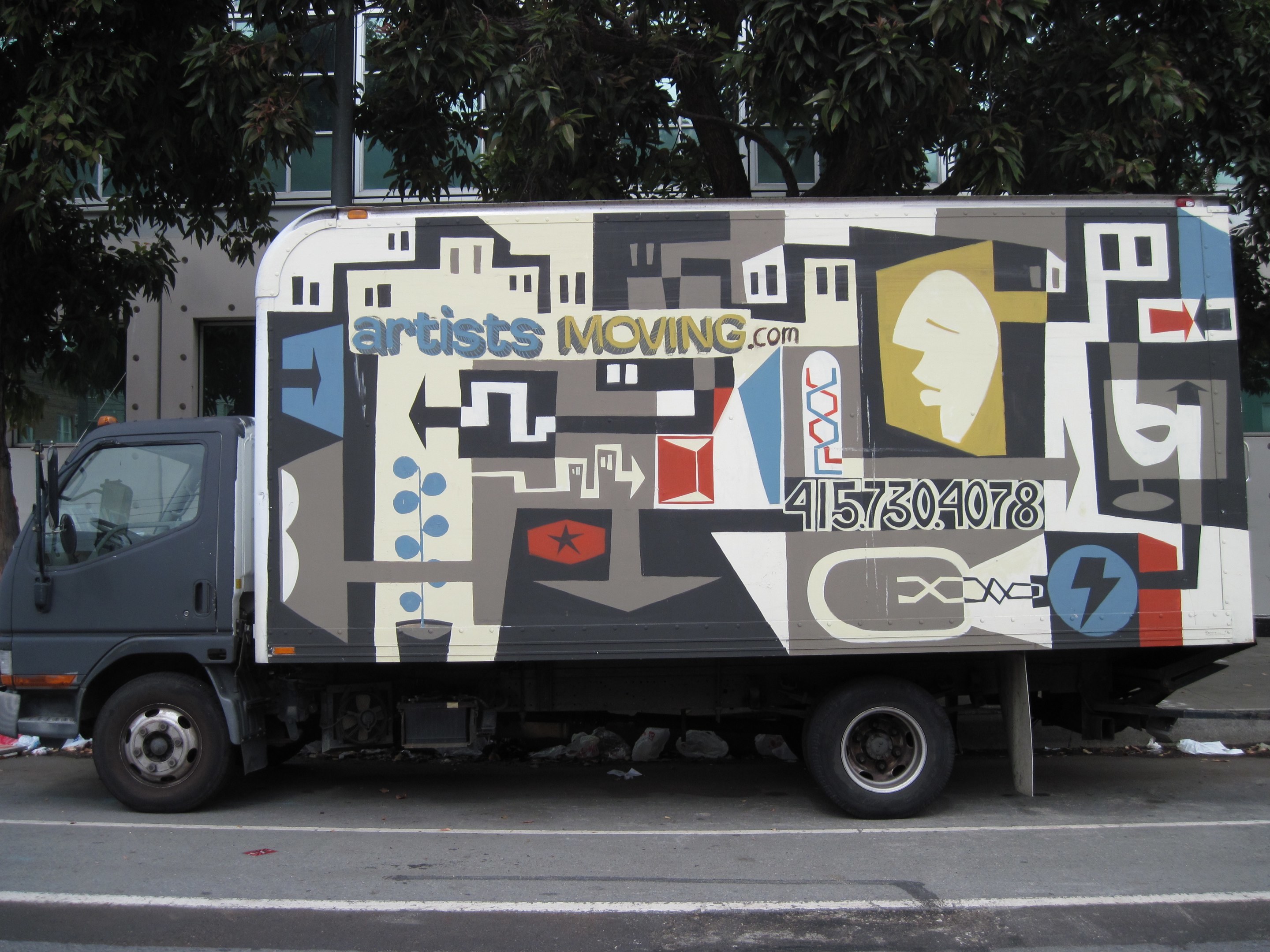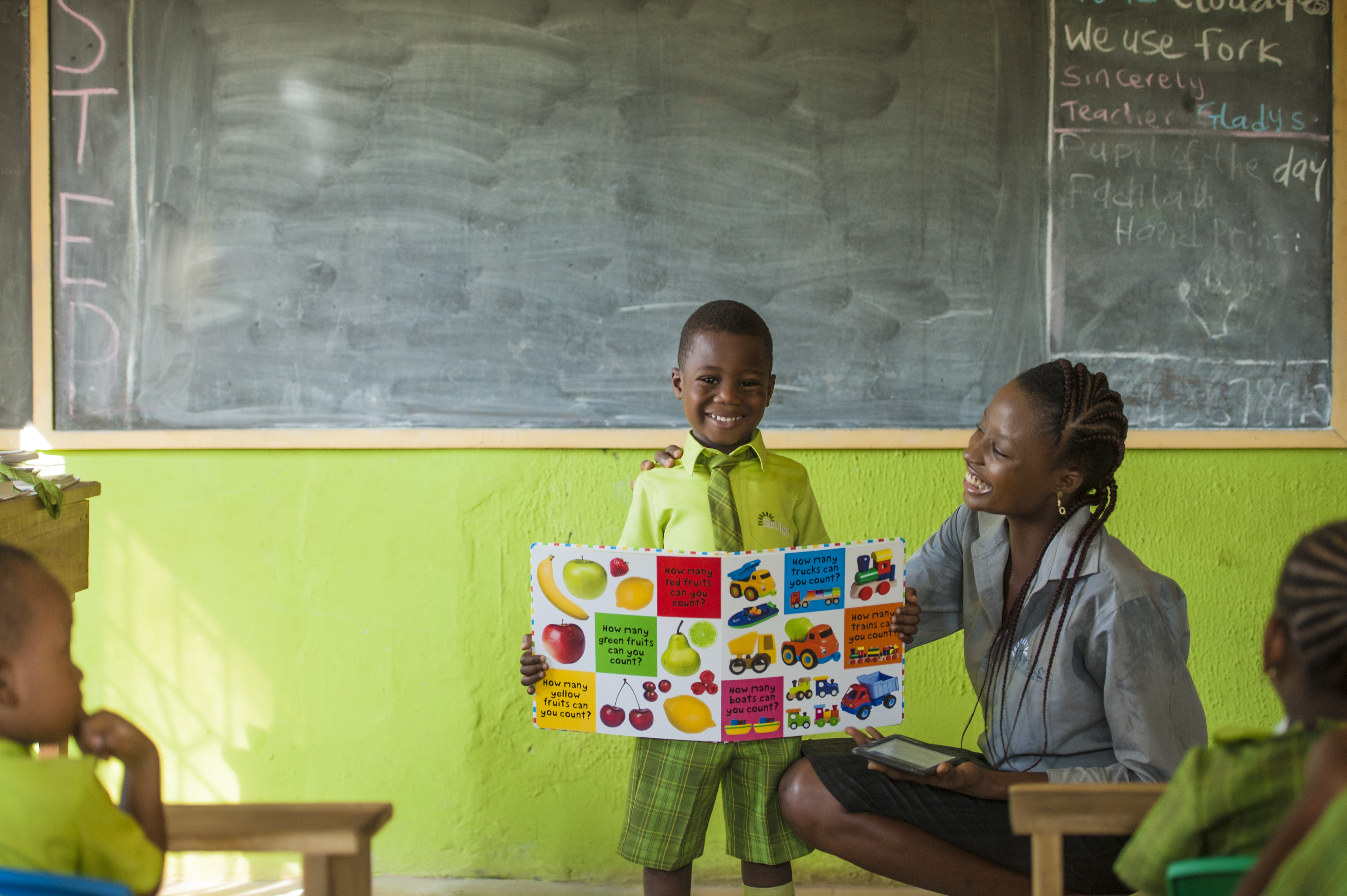The scale and speed of displacement often combine to become what seems to be an unstoppable wave, with an inevitable outcome. When you mix six-figure earners with an affinity for a neighborhood that was long the welcoming hub for Latino newcomers, the latter hardly stand a chance. That was the case in San Francisco’s Mission District, where in the last decade there have been 8,000 Latinos displaced—that is over 25 percent of this community. Most had written off the neighborhood.
MEDA is upending this narrative.
We are doing so with solutions that match the scale of the problem. MEDA implemented a collective approach by serving as the backbone organization for more than 20 partners aligned around a common vision. We moved beyond direct services, including going so far as to buy properties in the neighborhood to preserve and expand affordability.
Our 45-year-old nonprofit has successfully pivoted its work to partner with the City of San Francisco and direct-service providers to collectively preserve the Mission District’s community ecosystem, so that Latinos can continue to build generational wealth and power.
MEDA has formed strong partnerships to implement a five-pronged, results-based strategy for maintaining the ecosystem.
1. Build generational financial wealth
Through partnerships with numerous City programs, MEDA has the needed funding and established curriculum to coach clients to strengthen their family, while concurrently understanding that they are part of an ecosystem: a bigger picture of Latino generational wealth and power building. Key financial milestones are defined to gauge results.
A question that is especially pertinent to Latinos and immigrants is:
What are your life goals, and your goals for your children?
While a question that is germane to first-generation Latinos is:
What is your legacy for your family, and how do you honor the generation that sacrificed so much to emigrate from their homeland?
Once clients thoughtfully answer these questions, a personalized financial action plan can be made with their coach. These coaches encourage community members to dream big, engage with the necessary resources and focus on their action plans to continuously move forward.
Photo Credit: MEDA
2. Secure stable homes
MEDA has taken on the challenge of the imperative work of ensuring families have affordable and stable housing in what has become one of the most-expensive neighborhoods in the nation. By 2014, there had been no units of affordable housing built in a decade in the Mission District, yet luxury properties were seemingly sprouting up on every block. Being proactive, MEDA has already preserved or produced 1,173 affordable units, and we aim to double this amount by 2020. Success to date has been accomplished via a multi-faceted strategy: five HUD Rental Assistance Demonstration (RAD) public housing developments have been refurbished, with new homes for senior/disabled residents and a model for community engagement created; five new affordable-housing constructions in the pipeline, four as below-market-rate apartment rentals and one for-purchase condos; and 22 Small Sites Program apartment buildings that have been purchased.
The Small Sites Program epitomizes collaboration among community-based organizations and City agencies. MEDA helped shape this program, whereby nonprofits use a targeted approach to purchase four to 25 unit buildings with tenants vulnerable to Ellis Act eviction via speculators taking such properties off the rental market. These residents are the backbone of any community. Day laborers. Artists. Teachers. The 22 buildings purchased by MEDA to date via the Small Sites Program comprise 162 households and 16 commercial spaces.
3. Achieve in school
As lead agency of the Mission Promise Neighborhood, MEDA works with the San Francisco Unified School District and in Mission District schools to strengthen families so students can get to and thrive at college. Our schools are community anchors for families, so our federally funded Promise Neighborhood’s staff works in tandem with school administration and 20+ community-based organizations to annually assess hundreds of families’ needs and connect them to needed resources ranging from tenants’ rights education and legal services to affordable housing and financial coaching. Since 2014, the Mission Promise Neighborhood has made more than 5,300 such connections for 2,650 families.
Photo Credit: MEDA
Our students are usually the first in their family to attend post-secondary education, so a college-going culture must be created. That has led to a graduation rates for our Latino students increasing from 62 percent to 88 percent, and graduation rates for our African American students increasing from 46 percent to 93 percent. A promise has been kept for our community, and a recent two-year expansion grant means we will augment impact, going from working in four schools to nine.
4. Drive policy & advocacy
MEDA fosters community-leadership development and resident organizing to propel the community’s voice before decision-makers. By getting our seat at “the big table,” the community is heard around its needs, with the end goal of systems change for all-the-deeper impact. For example, a number of Small Sites Program tenants are now advocates for the housing strategy, pushing for more monies to help others in the community find an affordable home the same way they did. It is called seeing the big picture and using leadership skills to make institutions responsive to community needs.
Related Articles:
![]() “SAN FRANCISCO, CA: A LIVABLE FUTURE DESPITE ‘THE NEW ABNORMAL'”
“SAN FRANCISCO, CA: A LIVABLE FUTURE DESPITE ‘THE NEW ABNORMAL'”
by London Breed
![]() “SHAPING THE FUTURE OF OUR CITIES”
“SHAPING THE FUTURE OF OUR CITIES”
by Irina Bokova
MEDA also drives public policy to tackle such pressing issues as the creation of equilibrium of affordable versus market-rate housing development and the establishment of Special-Use Districts (SUDs) so that longtime small ventures can remain in the neighborhood with a continuing viable business model.
5. Foster a supportive neighborhood
It is not enough to keep Latino residents in place without the culturally relevant small businesses, nonprofits and arts & cultural organizations required to support and strengthen our families. That is why MEDA offers intensive technical assistance to small businesses along the Mission District’s commercial corridors. Also, MEDA’s own community loan fund, Fondo Adelante, has already disbursed over 70 loans totaling around $2.2 million, mostly to small businesses owned by immigrants who could not gain access to capital at traditional lenders. Thirty-one percent of Fondo Adelante borrowers are undocumented, as Individual Taxpayer Identification Number (ITIN) holders. It should be noted that there are currently zero defaults in Fondo Adelante’s portfolio.
In the Photo: Clarion Alley, Mission District, San Francisco, California. Photo Credit: SSWJ
The aforementioned work takes many brainstorming sessions with the community, City agencies and partners. Such a collective-impact approach cannot only stem the tide of displacement: It can actually reverse it. Resident by resident. Family by family. Block by block.













